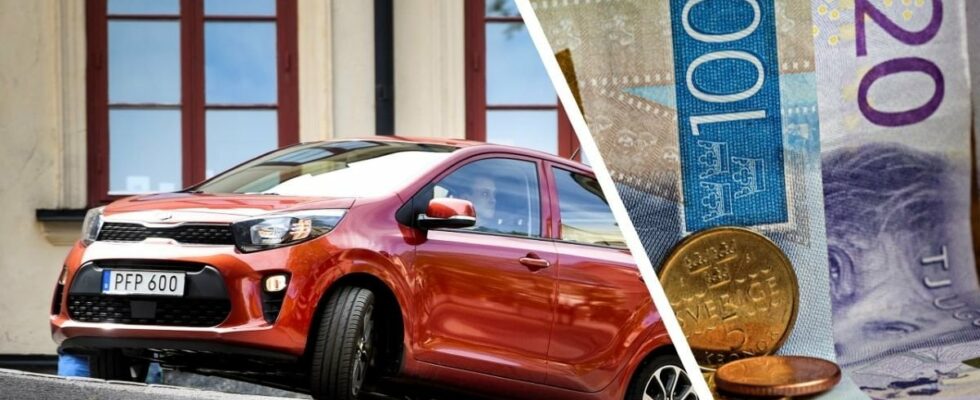Car tax is something you are obliged to pay for most cars. If the tax is not paid, the car is not legal to use in traffic.
The exception is vintage cars that are over 30 years old, as these are tax-exempt. The reason is that vintage cars are usually used to a rather limited extent.
But when do you actually have to pay car tax? Here we find out what applies.
Read more: “Mediocre” rating: This year’s car lacks crash protection for children
When must the tax be paid?
The car tax is paid in advance, which means that you pay for the period up to the next payment and not for the period since the previous payment.
The month in which the car tax must be paid is determined by the last digit of the car’s registration number. On newer cars, the last character in the registration number is often a letter, and then it is instead the number that is second to last in the registration number that applies.
The tax must be registered as paid at the Swedish Transport Agency at the latest on the last day of the month in which the tax must be paid. If the last day of the month in question falls on a holiday, the following weekday applies.
Read more: CEO on controversial million Volvo: Believes in “tolerance” on the part of the buyers
In which month must the tax be paid? For every last digit
The car tax is normally paid once a year.
If the tax is higher than SEK 3,600 a year, the payment is divided into three instalments. You then pay partly during the main payment month, as well as during two additional payment months.
The table below shows when you have to pay car tax based on the last digit of the registration number.
Read more: New hope for the Saab factory – new negotiations in Trollhättan
Source: The Swedish Transport Agency
Read more: David Beckham is worth five billion: “A crazy car collection”
